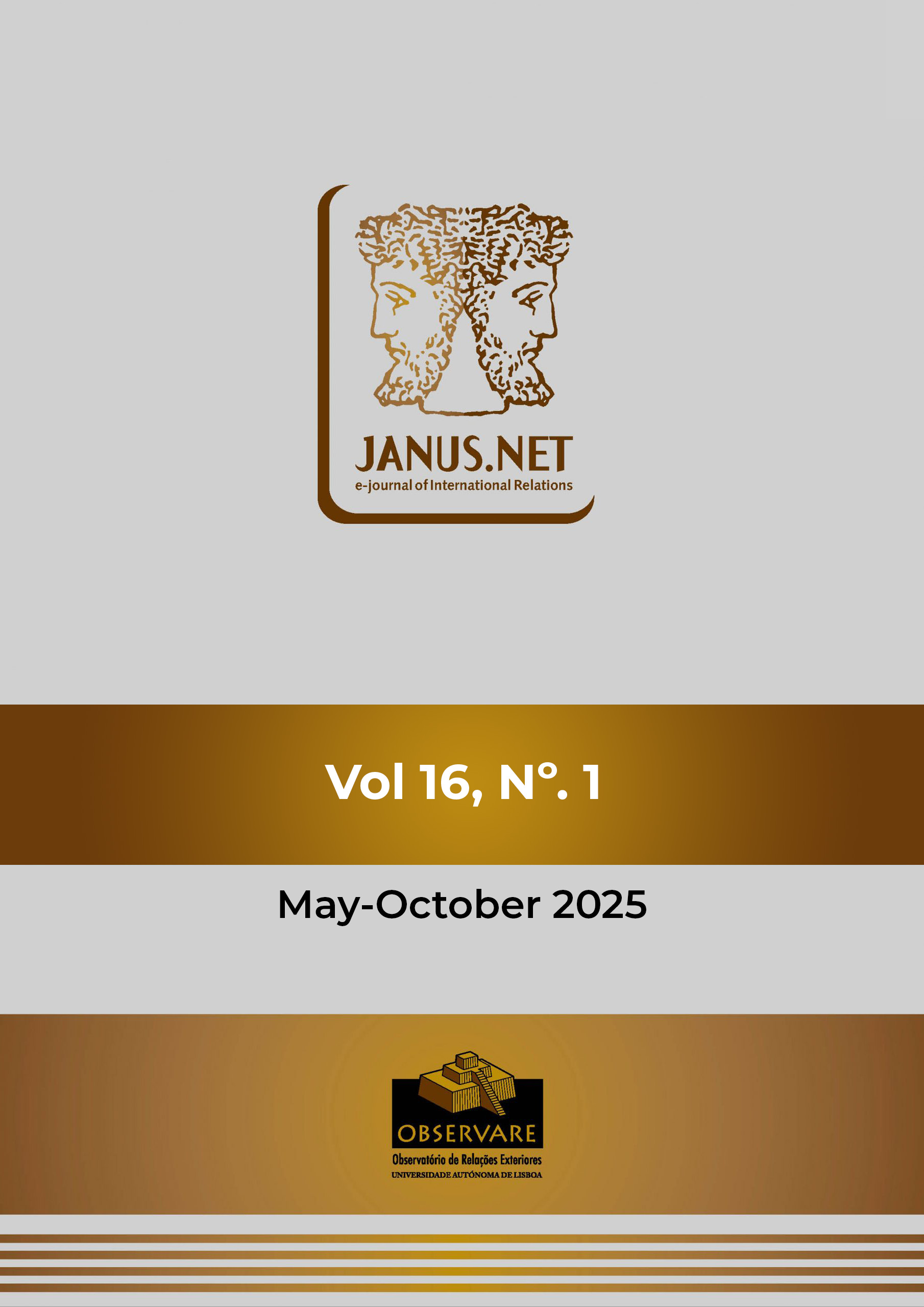STRUCTURAL BREAKS IN THE MARKETS: OIL'S EXAMPLE
DOI:
https://doi.org/10.26619/1647-7251.16.1.5Keywords:
Structural breaks, WTI futures, Bai & Perron methodology, oilAbstract
The importance of fossil fuels in the world's energy supply and the relationship between their fluctuations and geoeconomic and geopolitical phenomena make it important to analyze the major forces behind the often-unexpected behavior of oil prices. The aim of this paper is to study socio-economic events that are contemporaneous with structural changes in the price of oil, and which may indicate a causal relationship with them. This study uses the Bai & Perron methodology to detect structural breaks. The sample consists of observations of the closing prices of oil futures contracts traded in the US, West Texas Intermediate, corresponding to various maturities. We have identified three key points in the formation of oil prices. Firstly, we note the significant impact of macroeconomic factors, especially those more closely related to demand, as the main drivers of structural changes in the oil markets. The influence of OPEC in determining prices is also noted, highlighting its prominent role in the global oil landscape, although with less impact on the structural changes identified. Finally, the research suggests that, in a broader context, geopolitical events tend not to trigger significant structural changes in the oil market.


